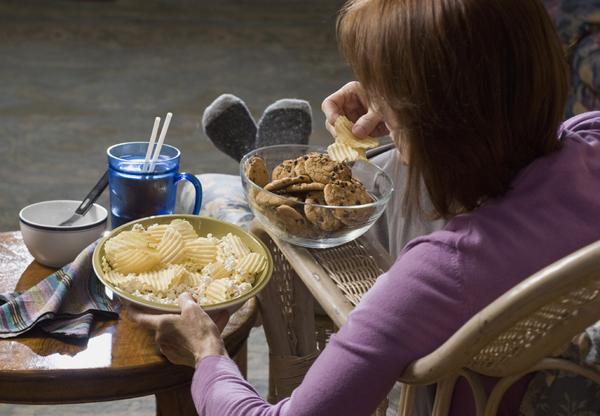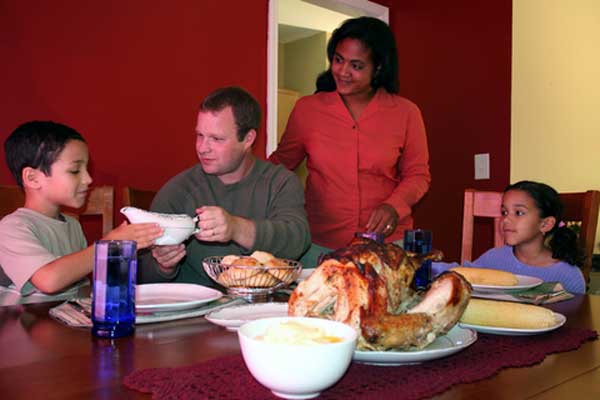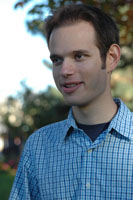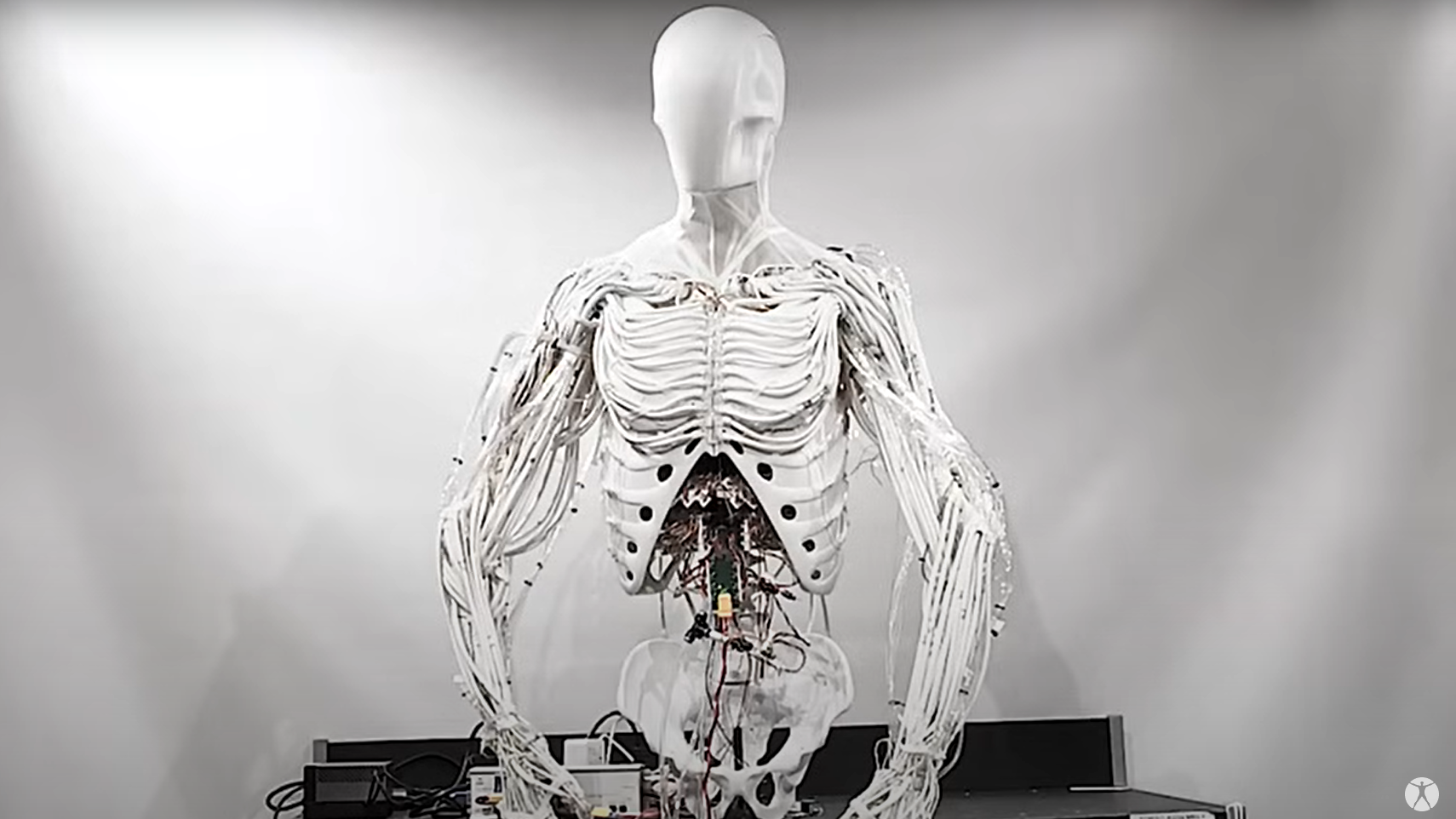13 Kitchen Changes That Can Help You Lose Weight
Take some things off your shopping list permanently

When one family member is on a diet, Schwartz said, families have asked her what they should do about snacks for other family members.
"Those foods aren't really good choices for anyone," she said. "I see those as foods that don't belong in the house on a regular basis."
To stay within calorie-intake recommendations, most people can eat about one dessert per day, which should typically be something like an ice cream sandwich, where the portion size is set.
Inevitably, whether for holiday parties or birthdays, some unhealthy items will make your way into the home. Story recommended the back of the cupboard as a good place for most of those.
And remember the opaque vegetable crispers you emptied in order to keep your veggies in plain sight? Now you know what to put in there instead.
Eat only in the kitchen

When people eat anywhere in the house, other activities they do while eating will often trigger a signal in the brain to start eating.
"A lot of people eat while watching TV, or just start snacking," Story said.
Confining all eating to the kitchen can put a dent in that, she said.
Get smaller plates and taller, narrower glasses

Among the surprising findings showing how we decide what to eat has been the research on plate size and portion size by Brian Wansink at Cornell University.
Larger plates lead to eating larger portions — people tend to finish what they put on their plate.
Story said, dish size is a potential aid for people looking to get new dishes, or willing to replace old ones.
"Have smaller plates," she said. "Get rid of the big plates."
That advice can carry over to glasses, given the number of calories some beverages contain.
"You'll drink less from a tall glass than a glass that's wider," Story said. The taller glass "gives the illusion of having more," she said.
Editor’s note: The slide above includes research from Brian Wansink. On Sept. 20, 2018, Wansink resigned from Cornell University, after an internal investigation found that he had "committed academic misconduct in his research and scholarship, including misreporting of research data, problematic statistical techniques, failure to properly document and preserve research results, and inappropriate authorship," according to a statement from Cornell University Provost Michael Kotlikoff.
Sign up for the Live Science daily newsletter now
Get the world’s most fascinating discoveries delivered straight to your inbox.











